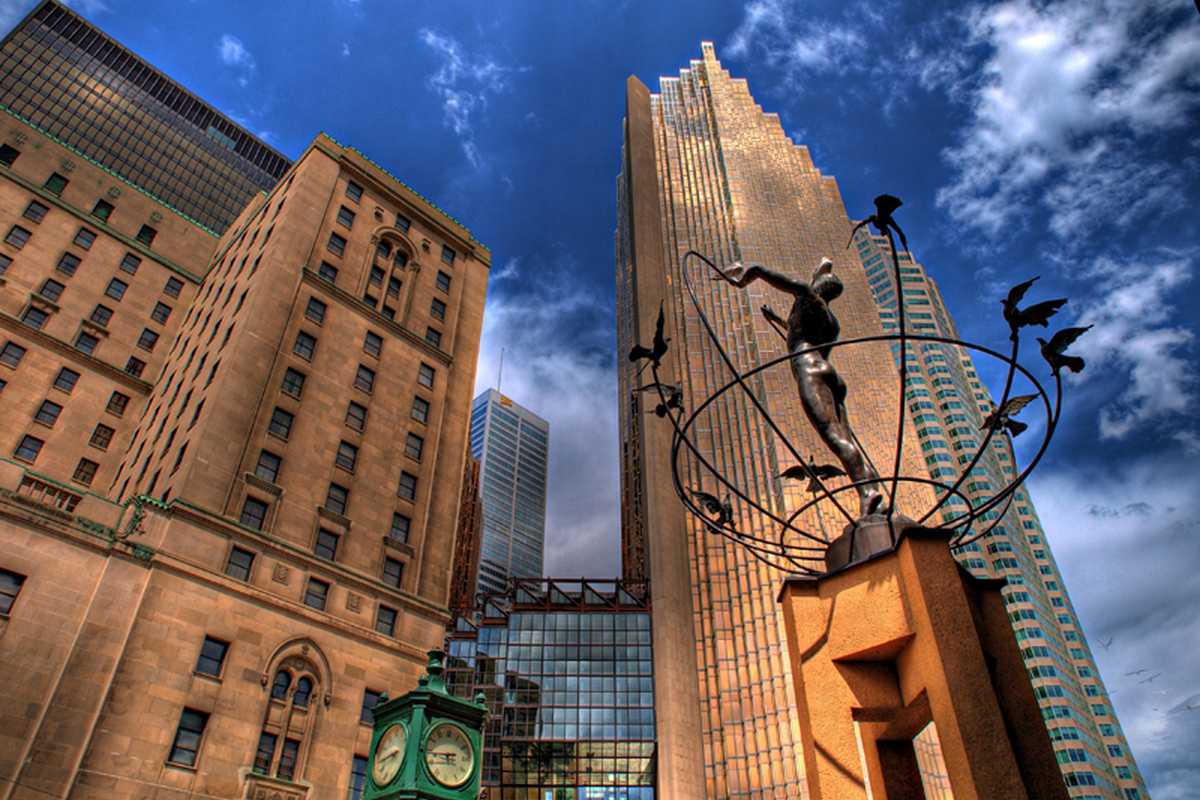The history of multiculturalism in Canada is a story of diversity, inclusion, and the recognition of different cultures that shape the country today. It began long before the term “multiculturalism” became popular, with the arrival of Indigenous peoples, followed by French and British settlers in the 17th and 18th centuries.
These early groups formed the foundation of Canada’s diverse population.
Throughout the 19th and early 20th centuries, waves of immigrants arrived from various parts of Europe, such as Ireland, Italy, and Eastern Europe. However, Canada’s immigration policies were often exclusionary during this period, favoring white, European settlers while restricting people from Asia, Africa, and other non-European countries.
Despite these challenges, many communities from around the world began to settle and contribute to Canada’s growing economy and cultural landscape.
The turning point in Canada’s multicultural journey came in the mid-20th century. After World War II, the country needed more labor to fuel its growing economy, which led to changes in immigration policies.
The 1960s saw the removal of racial restrictions, opening the door for immigrants from Asia, Africa, the Caribbean, and Latin America. This shift transformed Canada into a truly diverse nation.
In 1971, Canada became the first country in the world to adopt an official policy of multiculturalism. Prime Minister Pierre Trudeau’s government recognized the importance of allowing people to celebrate their heritage while also being part of the broader Canadian society.
The Multiculturalism Act, passed in 1988, further strengthened this by promoting equality, cultural preservation, and the elimination of discrimination.
This act ensured that all cultural groups, whether new immigrants or long-established communities, had the right to maintain and share their traditions.
Today, multiculturalism is seen as a key part of Canada’s national identity. People from all over the world call Canada home, and the country celebrates its diversity through festivals, cultural institutions, and inclusive policies.
This commitment to multiculturalism has made Canada a model for other nations striving to balance unity and diversity, allowing people to maintain their unique cultural identities while contributing to a harmonious, inclusive society.

